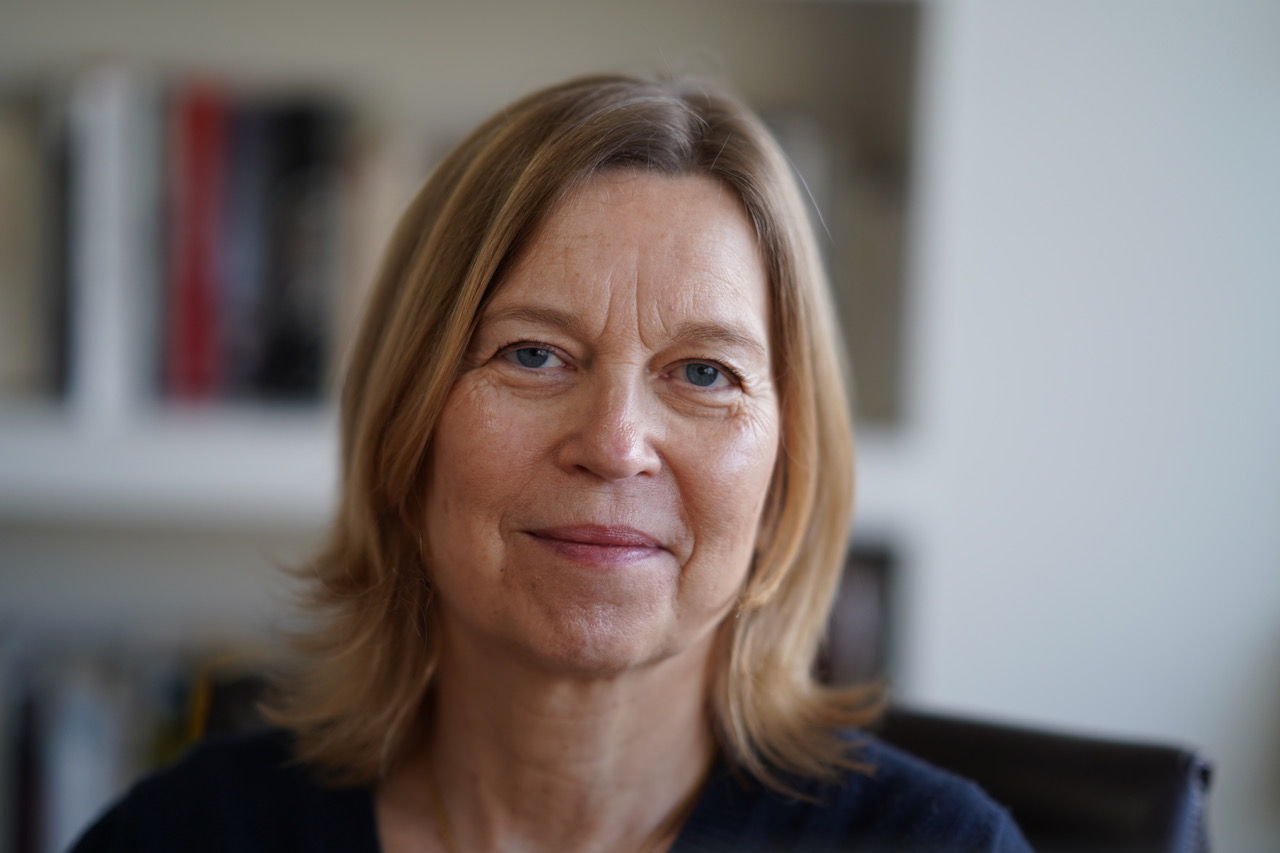For a detailed CV click here..
Jane Rogoyska is a writer whose work explores themes of conflict, exile, memory and politics in 20th-century Europe. She has a particular interest in the turbulent period between the 1930s and the beginning of the Cold War.
Her books include the prize-winning ‘Surviving Katyń‘, about the 1940 massacre of 22,000 Polish prisoners-of-war by the Soviet secret police, and ‘Gerda Taro: Inventing Robert Capa‘, the first English-language biography of the photojournalist Gerda Taro. She has also written a novel, ‘Kozłowski‘, and collaborated on a variety of projects in radio, film, theatre and photography.
Her latest book, ‘Hotel Exile‘ is published in the UK by Allen Lane (Penguin Random House) in February 2026, Knopf (Penguin Random House) Canada in May 2026 and by WW Norton in the USA in July 2026.
Jane studied Modern Languages at Christ’s College, Cambridge University, then went on to study film at the NSFTV in Leeds and the Polish National Film School in Łódź, working extensively as a filmmaker before deciding to focus on her own research and writing.

